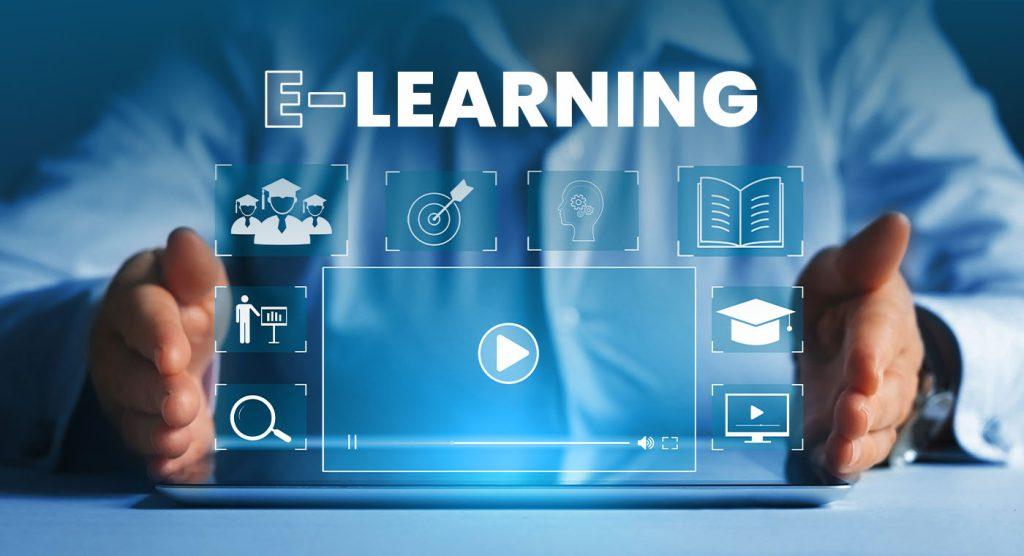Corporate E-learning Market Size, Future Trends and Business Opportunities

The long-term vision for the corporate e-learning sector is one of indispensable strategic importance and continued, dynamic evolution. The Corporate E-learning Industry Outlook is exceptionally bright because the industry is fundamentally aligned with the most critical and enduring priorities of modern business: building an agile, resilient, and future-ready workforce. The future of work is inextricably linked to the future of learning. As technological disruption, automation, and shifting market demands continue to accelerate, the only sustainable competitive advantage for any organization will be its ability to learn and adapt faster than its rivals. In this context, corporate e-learning will evolve far beyond its current function as a training delivery mechanism to become the central nervous system of the "learning organization"—an essential, enterprise-wide utility for cultivating skills, fostering innovation, and driving organizational change. This strategic centrality ensures a future of sustained relevance and growth.
A defining feature of the industry's future outlook will be the profound impact of hyper-personalization, driven by advancements in artificial intelligence and data science. The e-learning platforms of tomorrow will function less like static libraries and more like intelligent, personal learning coaches for every employee. By continuously analyzing an individual's performance data, career aspirations, identified skill gaps, and even their preferred learning styles, these AI-driven systems will curate and deliver a unique, dynamic stream of learning experiences. This will move beyond simple content recommendations to include personalized feedback, adaptive assessments, and connections to internal mentors. Furthermore, predictive analytics will empower L&D leaders to move from reactive to proactive talent development, identifying future skill needs based on market trends and automatically initiating targeted upskilling programs long before a critical skills gap emerges, making L&D a truly data-driven, strategic function.
Finally, the industry outlook points towards a paradigm shift from a focus on single, monolithic platforms to the orchestration of broader, interconnected learning ecosystems. The reality of modern corporate learning is that it happens everywhere—not just within the formal LMS, but also through collaborative tools like Slack and Microsoft Teams, on external platforms like YouTube and Coursera, and through informal, on-the-job interactions. The future role of the core learning platform will be to connect, curate, and track learning across this entire fragmented ecosystem. Using standards like xAPI (Experience API), these systems will be able to capture a holistic view of an employee's learning journey, recognizing and validating both formal and informal learning experiences. This ability to create a comprehensive learner record and manage a fluid, open ecosystem of learning resources will be the hallmark of the next generation of corporate learning technology, securing its vital role in the future of work.
- Corporate_E-learning_Market
- E-learning_Market
- E-learning_Market_report
- Corporate_E-learning_Industry
- Corporate_E-learning_Market_research
- Corporate_E-learning_Market_report
- Corporate_E-learning_Market_analysis
- Corporate_E-learning_Market_size
- Corporate_E-learning_Market_research_reports
- Corporate_E-learning_Market_forecast
- Art
- Causes
- Crafts
- Dance
- Drinks
- Film
- Fitness
- Food
- الألعاب
- Gardening
- Health
- الرئيسية
- Literature
- Music
- Networking
- أخرى
- Party
- Religion
- Shopping
- Sports
- Theater
- Wellness
